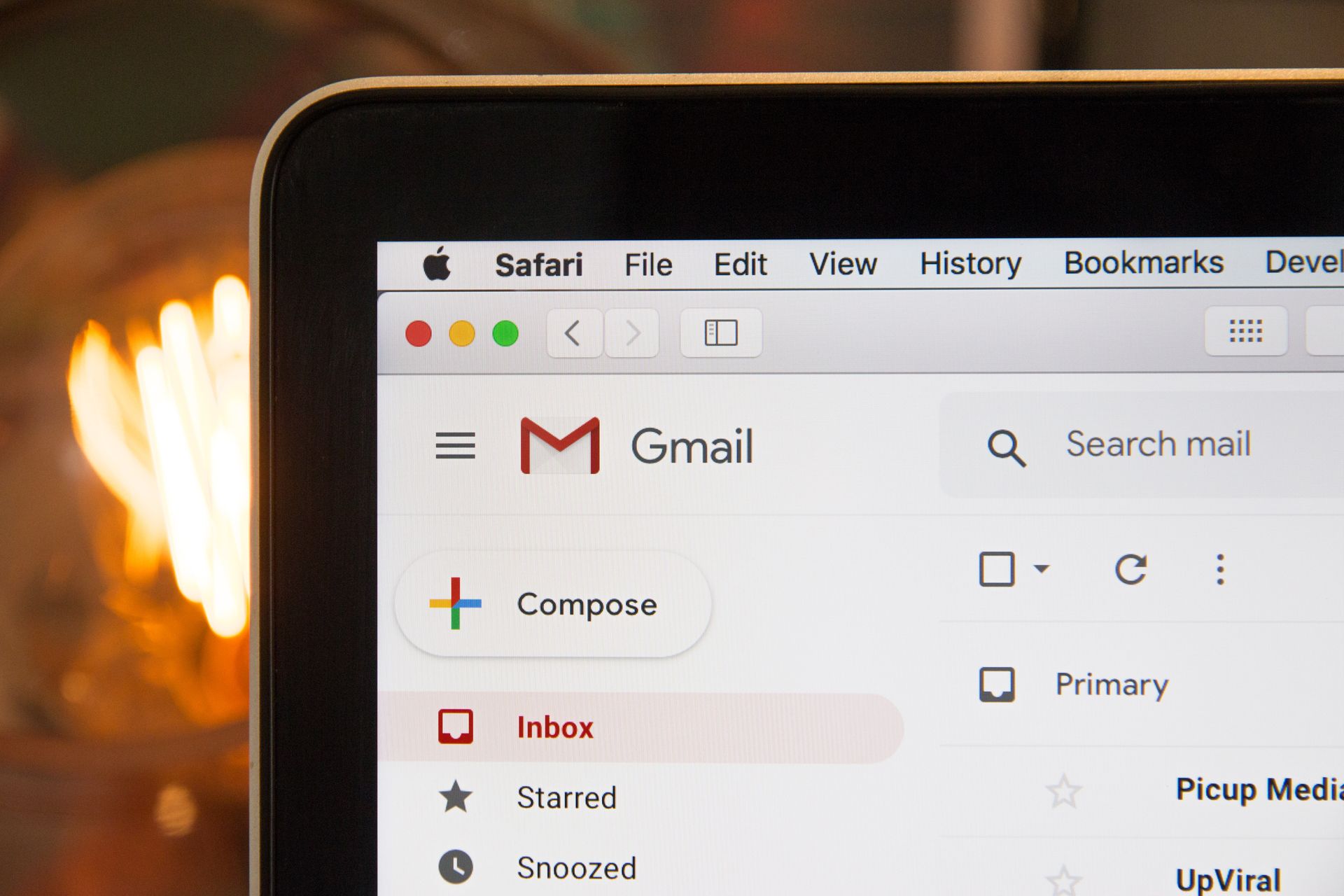No matter how many times a day you may check your email inbox, there are probably still messages in there. You may have hundreds, even thousands of messages in your inbox. Getting spam doesn’t help you stay ahead. That’s why we’re sharing these tips to keep your inbox clear of spam messages.
To start, migrate your email to one of the big-name providers. Google Suite and Microsoft 365 work hard to filter out spam before it even gets to your mailbox. Google says its AI-enhanced spam blocks nearly 10 million spam emails every minute. Local internet service providers are unlikely to have that level of anti-spam sophistication.
If you own your domain name, set up catchall email addresses to help filter messages. You might own joesmegashop.com. Instead of having everything go straight to [email protected], you assign addresses for certain sites. For Facebook communications, you would set up [email protected] as the address. You’ll still get the emails, but you’d know it's from Facebook. Or you’d know Facebook sold your email address to someone else. You can also still block any email that you didn’t want at [email protected].
Even if you don’t own your domain, you may still be able to use the catchall-address approach. Gmail is a popular service that allows you to put a plus after your email name. So, you could protect your [email protected] address by using [email protected]. Gmail ignores everything after the plus, so it’ll still go to [email protected]. But, now you'll know who leaked your Joe+facebook address. You can block any emails going there if it becomes a problem.
Blocking E-mails
To block a sender in Gmail, open the message and click on More in the top right. Click on “Block [sender]” in the dropdown. To do the same on Microsoft 365, right-click on the sender’s message, and then click “Junk” and “Block Sender.”
If you change your mind about any of your blocked senders in the future, you’re able to unblock them on either platform.
More Ways to Limit Spam
On your own business website, don’t list your email as plain text. To avoid exposing your email address to anyone online, you could use a contact form. If you don’t want to add a hurdle for legitimate contacts, show your email address as an image instead of text. This stops website-scraping bots from reading and adding your email address to spam databases.
When you do get a spam email, block that address and report the email as spam to your provider. This helps them to boost their filtering.
It’s also worth the few seconds it takes to unsubscribe from unwanted mailing lists. Look at the top and bottom of the email you’ve received for an “Unsubscribe” link. You should be a simple click away from one less mailing in your already crowded inbox.
If you do get a suspicious email, delete it. Don’t reply to an email that asks you for personal or financial information, and don’t click on any links in that message.
Need help corralling your inbox and strengthening your security? Our experts can help protect your business from spam and malicious cyberattacks. Contact our IT experts today at:
- For businesses: Visit SD Solutions
- For individual IT Support needs: Visit ITx
